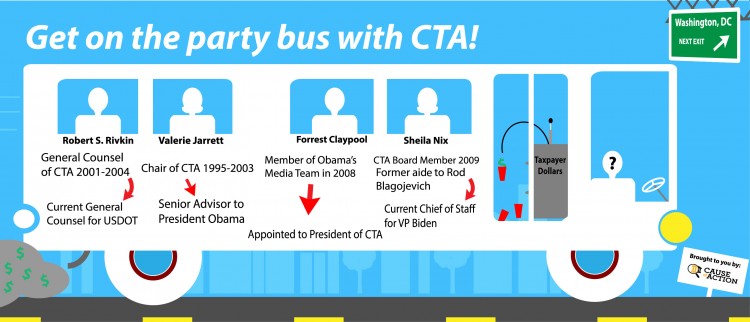Should the federal government have unchecked authority to interfere in matters of business and trade at the expense of due process rights?
This question has been brought to light in Ralls Corp. v. Obama et al, a lawsuit challenging a shut-down of a Chinese-owned wind farm project in Oregon.
Cause of Action filed an amicus brief in the suit, and at the heart of our interest in this case is an American-owned green energy company called Oregon Windfarms who originally designed the “Butter Creek Projects”—a group of 4 windfarms that started development and were slated to be sold to Ralls Corporation before the government intruded. The Committee on Foreign Investment in the United States (CFIUS), an agency created originally during the Cold War era to protect the interest of American business, has exacerbated its presumed authority and intervened to stop the wind farm project. The halted deal not only harmed Ralls Corp., a privately owned Chinese company, but it also arrested an investment that started right here in the United States.
The display of power by both the President and CFIUS is disconcerting, to say the least; however, the fact that both CFIUS and President Obama are directly limiting the ability of American businesses is of much greater concern. While American businesses and workers are entitled to due process when it comes to their property, in the case of Ralls Corp. the government saw fit to ignore these rights and arbitrarily deny a company from conducting business simply because its owners are Chinese.
Further, future jobs and American businesses may be in jeopardy. This action by CFIUS and POTUS sets a less than favorable precedent for future foreign investments in an ever-shrinking global economy.
CFIUS and the President may hide behind the guise of protecting the American citizenry, but when you lift the veil of rhetoric, the long-term effects felt by the American people are much worse than allowing an American-owned business to engage with a foreign investor.
You can read our brief here.
